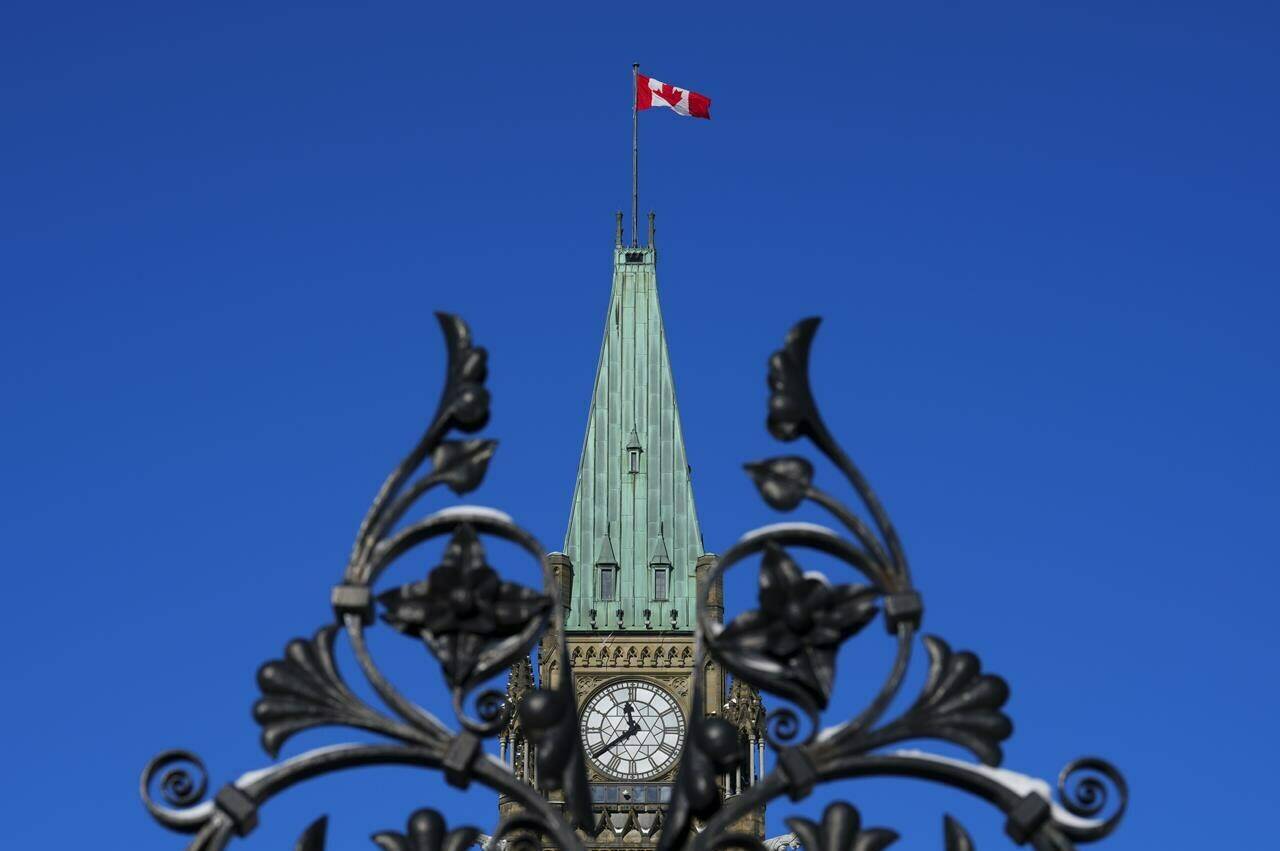Prime Minister Justin Trudeau has yet to issue mandate letters for his cabinet ministers, leaving those in new roles without clear marching orders two months after announcing an overhaul to his front bench.
“If you don’t do this, your government’s success is likely going to be compromised,” said Sen. Tony Dean, who used to oversee Ontario’s public service.
“It’s important for everybody to be on the same page, and to understand what the desired deliverables are.”
Shortly after taking office in 2015, Trudeau’s government announced it would publish the lists of tasks given to each minister, known as mandate letters. The documents lay out the priorities for each federal minister, and signal to public servants the timeline or scope of policies the government wants to advance.
The last round of mandate letters was issued in December 2021, three months after the last federal election. This summer, Trudeau shuffled most of his cabinet, giving 30 ministers updated roles or brand-new postings that never existed before.
Defence Minister Bill Blair said last week that he hasn’t received a new mandate letter since taking on the role July 26, and is acting on the list of commitments that Trudeau assigned to Blair’s predecessor.
Last month, The Canadian Press asked International Development Minister Ahmed Hussen what was in his mandate letter for his new role. Hussen listed priorities, but his office did not say whether he’d actually received a mandate letter.
In an interview last week, Indigenous Services Minister Patty Hajdu said she wasn’t expecting an updated mandate letter, because she’s held the same role since late 2021.
“It is at the prerogative of the prime minister that mandate letters change or shift,” she said. “They’re usually given to you when you’re appointed at the beginning of a particular term; my mandate letter hasn’t changed in two years.”
Acadia University political scientist Alex Marland said mandate letters help clarify what a government wants to do outside of an election period or a new throne speech, for both the public and departmental staff.
“In absence of them, it means that it’s probably harder for the government to advance its agendas,” he said.
Mandate letters can help clarify what priorities the government is introducing, and whether the government sees commitments listed in previous letters as ongoing, accomplished or abandoned.
In the case of Blair, Trudeau has assigned the military new tasks in recent months, while asking it to cut $1 billion in spending.
“The further you get away from an election, the more things happen. And so when things change, then all of a sudden as a minister, what are your marching orders?” Marland said.
Dean and Marland both said they were perplexed that Citizens’ Services Minister Terry Beech has no public listing of responsibilities, given that his is a new role that spans multiple departments.
At his July 26 swearing-in, Beech said his job would include more than just tasks falling under Employment and Social Development Canada, adding that the top civil servant for that department had handed him “a piece of paper with a whole bunch of bullet points on it.”
Dean said mandate letters help set out priorities and identify who should be held accountable for the results.
“Especially these days with complexity around policy initiatives and development, there are very few things that stay within the boundaries of one ministry or department,” he said.
“They’re hugely important,” he said of mandate letters. “I see them as a critical part of policy-making and policy-delivery implementation in government.”
Dean argued that more-complex files shouldn’t be rushed, while ministers who are continuing in their roles could get an updated priority list much sooner.
“If you’ve got a team and you want to have a successful project, you start by telling the team what success is going to look like,” he said.
When asked to comment on mandate letters, the Conservatives instead lamented rising crime and high inflation, with spokesman Sebastian Skamski writing that Trudeau is “ignoring the very problems he himself created.”
Marland noted that ministers themselves have said they’re eager to receive their marching orders, and suggested that the Prime Minister’s Office is still sorting out priorities instead of leaving it to ministers to define what would make their tenures successful.
He questioned why Trudeau didn’t issue letters in late July, given that he has full control over when his cabinet is shuffled.
“That’s a problem, if the minister is looking for guidance,” Marland said.
“The reality is that they’ve obviously made a decision that getting the mandate letters together is not an urgent priority. On the other hand, the Trudeau government has never been very fast on a lot of things,” he said, arguing it stems from both a bottleneck and a focus on message strategy.
The Prime Minister’s Office has been asked to comment.

